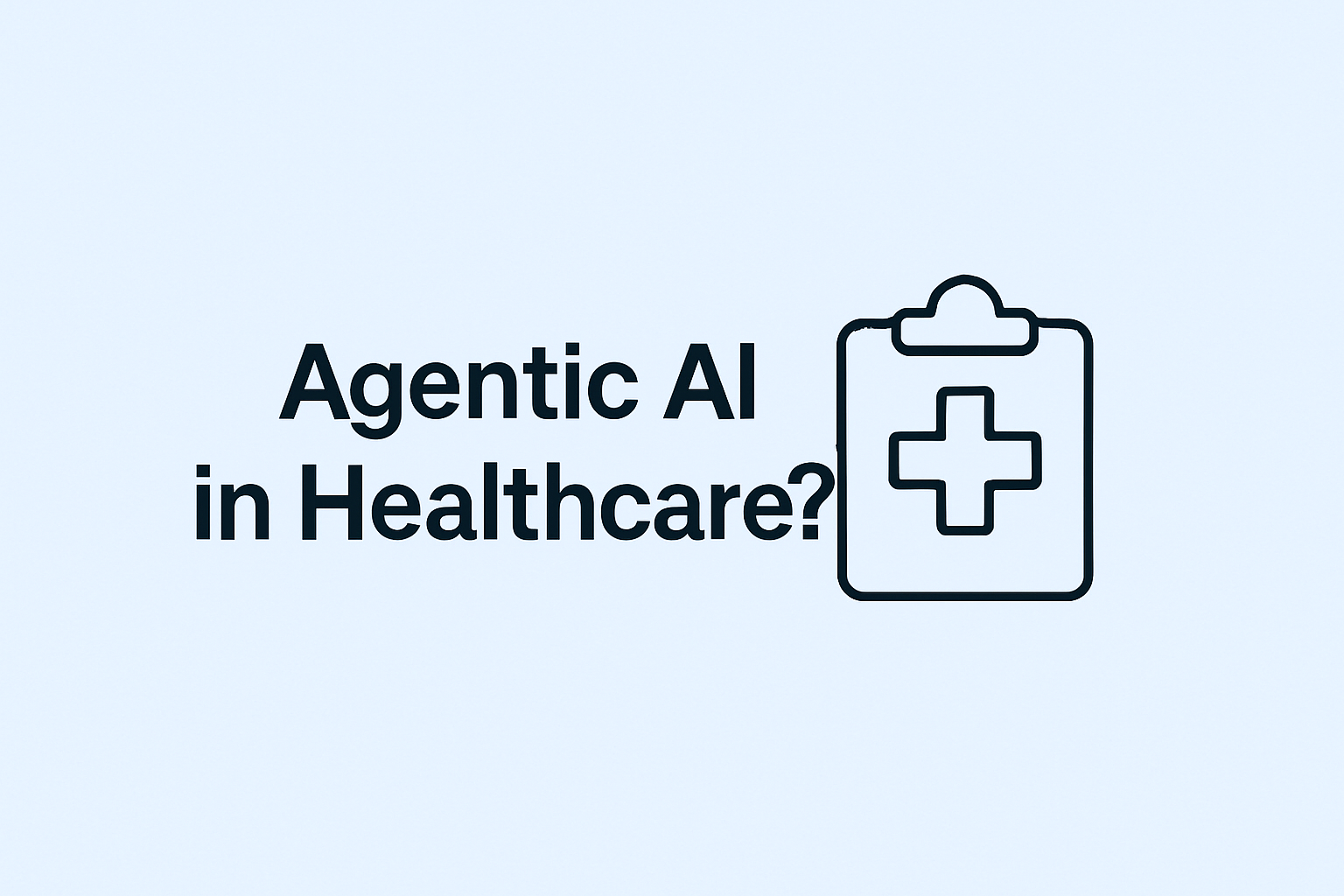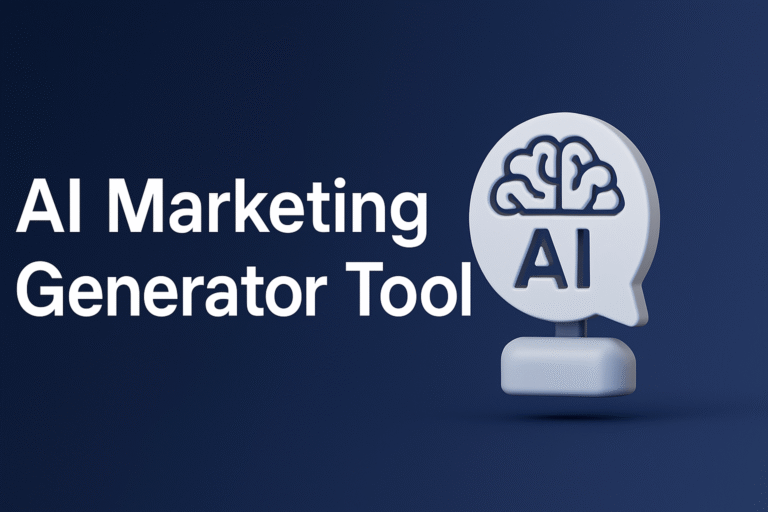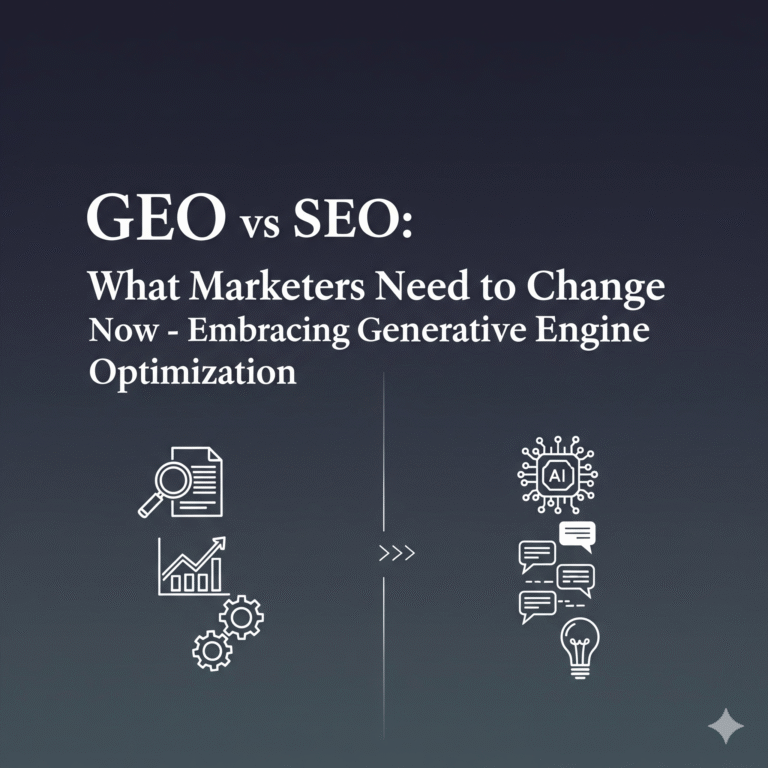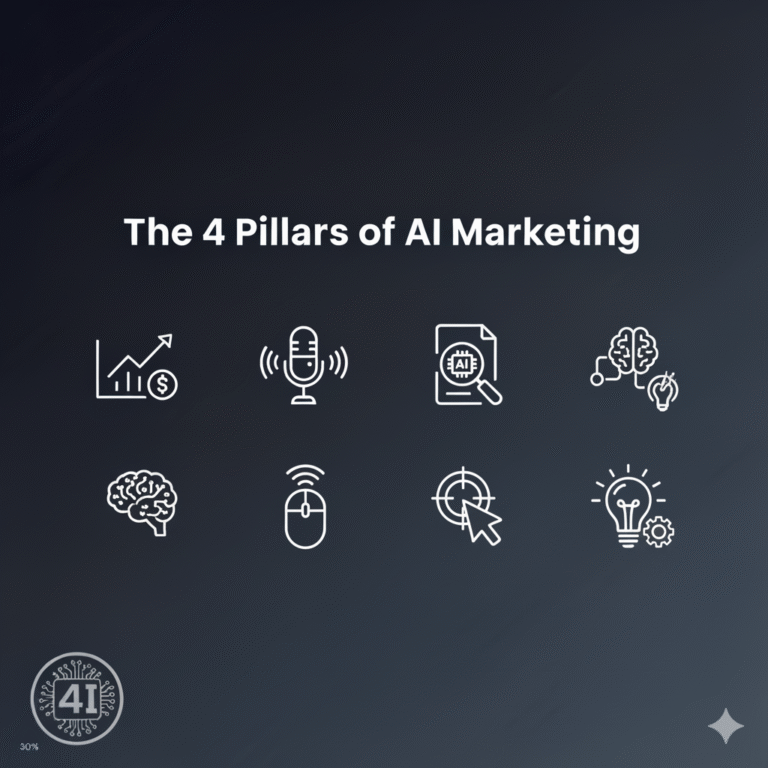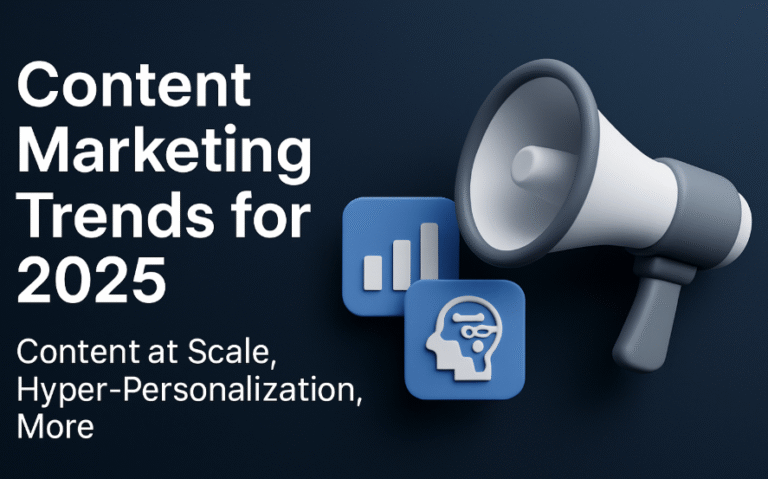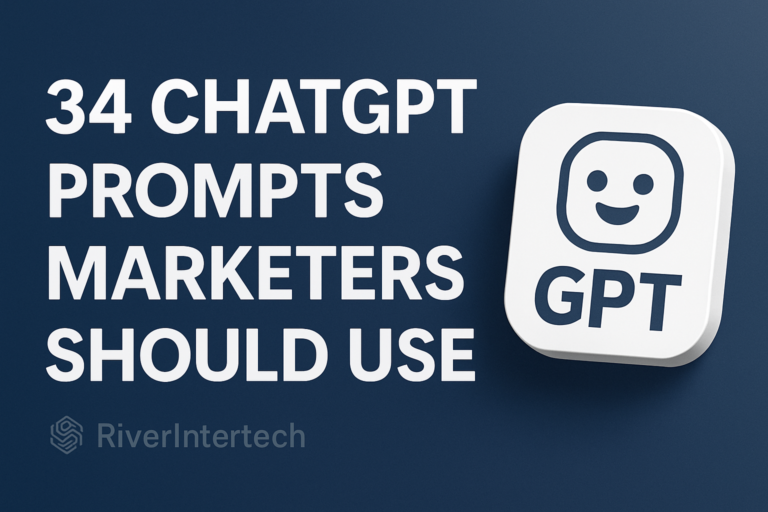What Is Agentic AI In Healthcare? Benefits And Future Prospects
Hospitals are now using agentic AI to cut wait times, reduce costs, and spot diseases earlier—all with less help from people? In the next few years, these smart agentic systems could make care safer, faster, and more personal for everyone who walks into a clinic or hospital.
Let’s walk through what agentic AI actually is, what it can do, and why now is the moment to start thinking about this tech for your own healthcare organization.
What Is Agentic AI In Healthcare?
Agentic AI in healthcare means using artificial intelligence that can act by itself, set goals, and handle tricky tasks—even when things change fast. Instead of just helping out or following a script, these AI agents work more like digital team members. They decide, learn, and adapt, all with little or no human guidance. For example, imagine an AI nurse staffing tool that can move staff around on its own during a busy night in the ER. It doesn’t just wait for someone to tell it what to do—it jumps in and solves problems as they come up.
This autonomy sets agentic AI apart from older healthcare AI tools that only react to commands. Agentic systems can sense what’s happening—like a surge in patients or a gap in coverage—and act to fix it, learning from what works or doesn’t work each time. Real studies show agentic AI is more than just a buzzword. Frontiers in Digital Health reports that agentic AI drops cognitive workload for healthcare workers by over 50%. Grand View Research pegs the 2024 global agentic AI in healthcare market at over $538 million and growing fast. These numbers point to a real and lasting shift—not just hype.
How Will Agentic AI Impact Healthcare?
Agentic AI is not only about cool new tools. It is changing how the whole system works. First, it automates things like staff scheduling, insurance claims, and even helping patients find the right doctor or appointment. No more endless calls or back-and-forth emails. These agents check what is needed and sort it out in real time.
Next, agentic AI acts as a smart assistant for overworked staff. For example, if a doctor is swamped, an AI agent can reorder supplies or route non-urgent cases elsewhere, freeing up human time for the tough stuff. According to a recent Deloitte survey, nearly 8 out of 10 health systems believe agentic AI will lead to big changes by 2027. These changes go beyond admin and touch the heart of clinical care—boosting accuracy, catching problems earlier, and making care journeys smoother for patients.
Another big point is constant learning. Unlike old systems that sit still, agentic AI keeps improving each day by tracking live data. It learns from mistakes, finds patterns, and adjusts, which means fewer errors and better care over time. Healthcare IT News reports that hospitals with agentic AI can cut down on missed steps and delays all across the patient journey.
Benefits Of Agentic AI In Healthcare
Let’s break down what all this means in daily life at a clinic or hospital.
Reduce Healthcare Costs
Agentic AI can save money in many ways. It takes care of tedious billing, insurance claims, and basic paperwork, slashing time and errors. Hospitals have seen up to a 30% drop in admin costs when switching to agentic systems (McKinsey). These smart agents also spot fraud, like double billing or fake claims. In the US, that meant $2 billion saved in Medicaid in just one year.
It’s not just about billing. Predictive AI helps with maintenance, fixing machines before they break. That means fewer costly delays during surgeries or treatments. A Toronto hospital saw $1.4 million in savings last year by letting agentic AI handle nurse schedules.
Personalize Patient Care
Everyone is different. Agentic AI builds on that by tailoring care plans to each person’s genes, habits, and medical history. It updates recommendations as new data comes in, so care keeps pace if someone’s health changes. Patients who get support from agentic AI reminders stick to their plans better—up to 35% better adherence in diabetes care (JAMA). In Montreal, these AI-driven tools helped cut hospital readmissions for heart failure by half.
Improve Diagnostic Accuracy
Catching illness early can save lives. Agentic AI reviews images, lab tests, and notes faster than any human team. It spots patterns in millions of records and flags rare or hidden issues. In British Columbia, agentic AI picked up undiagnosed ALS cases across hospitals—something that manual review would have missed. In some studies, agentic AI outperforms even expert radiologists for diseases like tuberculosis (Nature Medicine).
Enhance Operational Efficiency
Hospitals run better when the right people are in the right place at the right time. Agentic AI automates supply orders, staff scheduling, and even bed assignments. Supply chain bots take care of up to 70% of reordering, and AI-driven credentialing has cut onboarding times for staff by almost half at leading hospitals like Mayo Clinic.
Bed turnaround has also improved by 20% at hospitals using agentic EHR assistants, speeding up care and reducing patient wait times.
Accelerate Research and Development
Drug discovery takes years—but agentic AI speeds it up. By sifting through genetic and chemical data, these agents help find new treatments quickly and match patients to trials. Agentic lab bots even came up with thousands of new compound ideas in hours, not months. At Toronto’s SickKids hospital, agentic AI found several new funding sources for rare diseases, unlocking research that might have stalled before.
Real-World Applications Of Agentic AI In Healthcare
Agentic AI isn’t just theory. It’s already out there, solving real problems every day.
AI-Assisted Diagnostics and Medical Imaging
Now, AI agents can scan thousands of X-rays, MRIs, or CT scans in a night, catching diseases and flagging cases that need a closer look. The FDA has approved more than 10 autonomous medical imaging agents since 2022 (FDA AI/ML Device List). That means more accurate, faster answers for patients—and less burnout for radiologists.
Personalized Treatment Plans
Agentic AI keeps care personal and up to date. It combines genetics, lab results, and even activity from wearables to update a patient’s treatment plan as things shift. In the real world, these AI-driven plans have improved patient satisfaction and helped reduce ER visits due to missed medication changes.
Virtual Health Assistants
AI-powered chatbots and virtual nurses are now common in clinics. They handle reminders, answer questions, and keep track of symptoms round the clock. Over half of surveyed clinics use these tools. They help patients feel cared for even after they leave the hospital, and they spot issues before they get worse.
Automated Hospital Workflow Management
Agentic AI powers logistics, from assigning beds to predicting patient surges. During busy times, the AI can move staff and resources to the most needed areas in real time. Hospitals using these systems report less waiting, smoother discharges, and better use of resources.
Drug Discovery
In labs, agentic AI can scan huge datasets, predict outcomes, and even run simulations. This helps find new treatments and match the right patients to the right clinical trials. The pace of new drug discovery has picked up as a result.
Cybersecurity
Protecting patient data is a big deal. Agentic AI stands guard by watching for cyber threats and shutting them down before they spread. Hospitals using agentic cybersecurity agents have seen a 43% drop in ransomware attacks. The system runs 24/7, learning from every incident.
Robotic Surgery
Even in the OR, agentic AI is changing how surgeries are done. AI-powered robots help surgeons by making tiny adjustments in real time, keeping procedures safer and more precise. Studies have shown these systems reduce complications and shorten recovery times.
Challenges And Considerations For Agentic AI Adoption
While agentic AI packs a punch, it’s not all smooth sailing. Some hurdles need careful planning.
Data Privacy And Security
AI needs lots of data to learn, and that means handling private patient info. Strict rules like HIPAA in the US and PIPEDA in Canada set the bar for security. Hospitals must guard data with strong encryption and regular audits.
Bias And Transparency
AI can pick up bias from old data, leading to unfair decisions. If a model is a “black box,” people won’t trust its advice. To fix this, teams need to use explainable AI tools and check models for fairness, especially when it comes to diagnosis and treatment.
Reliability And Explainability
For doctors and nurses to trust AI, they need to know how it makes decisions. Systems must be tested, show how they reached answers, and let people override choices if needed.
Workforce Transformation
AI won’t replace healthcare staff, but it will change what people do. Some roles will focus more on supervising AI, making decisions, and interpreting results. Hospitals need training programs and open communication to help teams make the switch and avoid fear about job loss.
How KMS Healthcare Can Support Your Agentic AI Journey
Getting started with agentic AI is easier with the right partner. KMS Healthcare offers everything from custom AI development to compliance help and staff training. They know the ins and outs of both tech and clinical workflows, so their solutions fit right into your day-to-day operations.
KMS can help you:
- Design and build agentic AI tools for admin, clinical care, and patient engagement
- Connect AI with your current EHR and hospital systems for smooth adoption
- Follow all relevant privacy and safety rules from day one
- Train your team so everyone feels confident and prepared
With end-to-end support, your hospital can move from pilot programs to full production without the usual roadblocks.
FAQs: Quick Answers About Agentic AI in Healthcare
What is agentic AI in healthcare?
It’s AI that can make decisions and act on its own to improve care and workflows.
How does agentic AI differ from traditional AI?
Agentic AI acts by itself and finds solutions without always waiting for instructions. Traditional AI mostly waits for prompts and follows strict rules.
Are agentic AI systems used in Canada today?
Yes, several Canadian hospitals are running agentic AI pilots for scheduling, imaging, and patient care.
What are the main challenges of adopting agentic AI?
Privacy, transparency, trust, and staff training top the list.
Is agentic AI regulated in Canada?
Yes. Systems must follow laws like PIPEDA and meet standards for explainability and data handling.
Can agentic AI lead to job losses in healthcare?
Mostly, it changes roles. People shift to oversight, analysis, and working alongside AI.
How can I start with agentic AI in my hospital?
Pick a project, find a trusted vendor like KMS, make sure you comply with privacy rules, and train your team early.
Agentic AI is not just a trend; it’s becoming the backbone of modern, patient-centered healthcare. By acting independently and learning on the go, agentic AI is ready to help hospitals deliver better care, save money, and prepare for the future. If you want your organization to lead, now is the time to explore what agentic AI can do.

